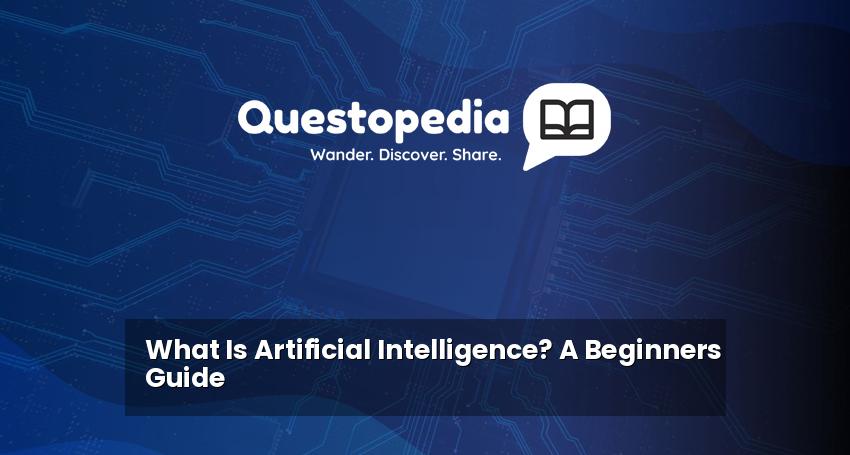What Is Artificial Intelligence? A Beginner’s Guide
Welcome to the fascinating world of Artificial Intelligence (AI)! If you’ve ever wondered what all the hype is about, you’ve come to the right place. This beginner’s guide will break down AI into easy-to-understand concepts, so you can grasp the basics and start exploring its potential.
Introduction to Artificial Intelligence
Imagine a computer that can learn, reason, and solve problems like a human. That’s the core idea behind Artificial Intelligence. It’s about creating machines that can mimic human intelligence processes. From self-driving cars to voice assistants like Siri and Alexa, AI is already integrated into our daily lives, often without us even realizing it.
What Exactly Does Artificial Intelligence Mean?
At its simplest, AI involves designing computer systems that can perform tasks that typically require human intelligence. These tasks include:
- Learning: Gathering information and using rules to learn how to draw conclusions.
- Reasoning: Using logic and deduction to solve problems.
- Problem-solving: Finding solutions to complex issues by applying knowledge and strategies.
- Perception: Understanding and interpreting sensory input, like images and sounds.
- Natural Language Processing (NLP): Understanding and generating human language.
Types of Artificial Intelligence
AI isn’t one monolithic thing. There are different types, each with its own capabilities:
1. Narrow or Weak AI
This is the most common type of AI we see today. Narrow AI is designed to perform a specific task exceptionally well. Think of Netflix’s recommendation system or spam filters. They’re very good at what they do, but they can’t do anything else.
2. General or Strong AI
General AI, sometimes called AGI (Artificial General Intelligence), is the hypothetical ability of an AI to understand, learn, and apply intelligence to any problem that a human can. This is the kind of AI often depicted in science fiction movies, and it’s still a long way off.
3. Super AI
This is a hypothetical AI that surpasses human intelligence in all aspects. It’s essentially smarter than the smartest human being. While theoretically possible, Super AI is highly speculative and currently beyond our reach.
How Does Artificial Intelligence Work?
AI relies on various techniques, with some of the most popular being:
- Machine Learning (ML): Algorithms that allow computers to learn from data without being explicitly programmed. Instead of being told what to do step-by-step, the machine learns patterns and makes predictions based on the data it’s given.
- Deep Learning: A subset of machine learning that uses artificial neural networks with multiple layers (hence “deep”) to analyze data and identify complex patterns.
- Natural Language Processing (NLP): Enables computers to understand, interpret, and generate human language.
- Robotics: Designing, constructing, and operating robots that can perform tasks autonomously or with minimal human intervention.
Examples of Artificial Intelligence in Everyday Life
You’re likely interacting with AI more than you realize! Here are just a few examples:
- Voice Assistants: Siri, Alexa, and Google Assistant.
- Recommendation Systems: Netflix, Amazon, and Spotify recommendations.
- Spam Filters: In your email inbox.
- Self-Driving Cars: Still in development, but making significant progress.
- Fraud Detection: Used by banks and credit card companies.
- Medical Diagnosis: AI can assist doctors in diagnosing diseases more accurately.
The Future of Artificial Intelligence
AI is rapidly evolving, and its potential impact on society is enormous. It promises to revolutionize industries, improve efficiency, and solve some of the world’s most pressing problems. However, it’s also important to consider the ethical implications of AI and ensure that it’s developed and used responsibly. As AI continues to advance, we can expect to see even more innovative applications emerge, shaping the future in profound ways.
Conclusion
Hopefully, this beginner’s guide has demystified Artificial Intelligence for you. While it’s a complex field, understanding the basics is essential in today’s world. Keep learning, stay curious, and explore the exciting possibilities that AI offers!






